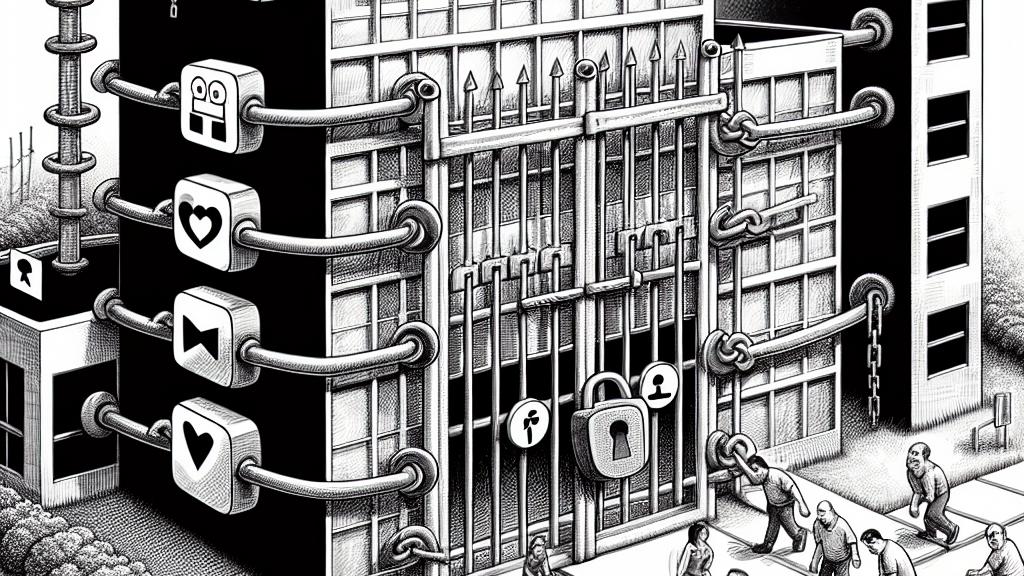Apple Accused of Restricting Employee Social Media Use
Overview
- The National Labor Relations Board (NLRB) has filed formal accusations against Apple, claiming the company unlawfully restricts employees' use of social media and communication tools like Slack.
- Apple has vocally denied these allegations, arguing that its policies are designed to cultivate a constructive, inclusive workplace environment.
- If a settlement isn't reached, the situation may escalate to a formal hearing in 2025, which could lead to major changes in Apple's practices regarding employee rights.

Overview of the Accusations
In a striking turn of events that has raised eyebrows across the United States, the National Labor Relations Board (NLRB) has accused Apple of imposing severe restrictions on its employees' ability to utilize key communication tools, particularly Slack, alongside social media platforms. The NLRB asserts that these measures prevent workers from freely creating new channels to discuss crucial workplace concerns, effectively stifling necessary dialogue. Instead, employees must direct their issues through narrowly defined routes, such as seeking approval from management or consulting an official 'People Support' group. This is not merely a one-off complaint; remarkably, it represents the NLRB's second accusation against Apple within a matter of weeks, igniting a pressing discussion about corporate governance and the rights of workers in major tech enterprises.
Response from Apple
In defending itself against these serious claims, Apple has issued a robust and articulate response. The company emphasizes its unwavering commitment to fostering a positive and inclusive atmosphere where employees feel valued. An Apple spokesperson remarked that they 'strongly disagree' with the allegations presented by the NLRB, highlighting their intention to contest these claims throughout the legal procedure. Apple contends that its internal policies are not just regulations; rather, they serve as essential frameworks that facilitate organized communication and ensure that workplace issues are handled appropriately. However, critics view these policies as significant obstacles to free employee expression, arguing that they may silence crucial conversations surrounding vital labor issues such as equitable treatment, workplace safety, and the push for better working conditions.
Potential Legal Consequences
As this situation develops, the stakes are notably high for Apple. Should the company and the NLRB fail to reach an amicable resolution, a formal hearing is set for February 2025, where an administrative judge will meticulously evaluate the evidence. This legal scrutiny could result in Apple being mandated to amend its contentious policies and may even lead to financial restitution for employees who have allegedly suffered due to these practices. Such potential outcomes highlight the broader conversation about the balance of power in the workplace, emphasizing the need for corporations to uphold transparency and responsiveness toward their employees, especially in an era where digital communication tools are paramount in shaping workplace culture and engagement.

Loading...